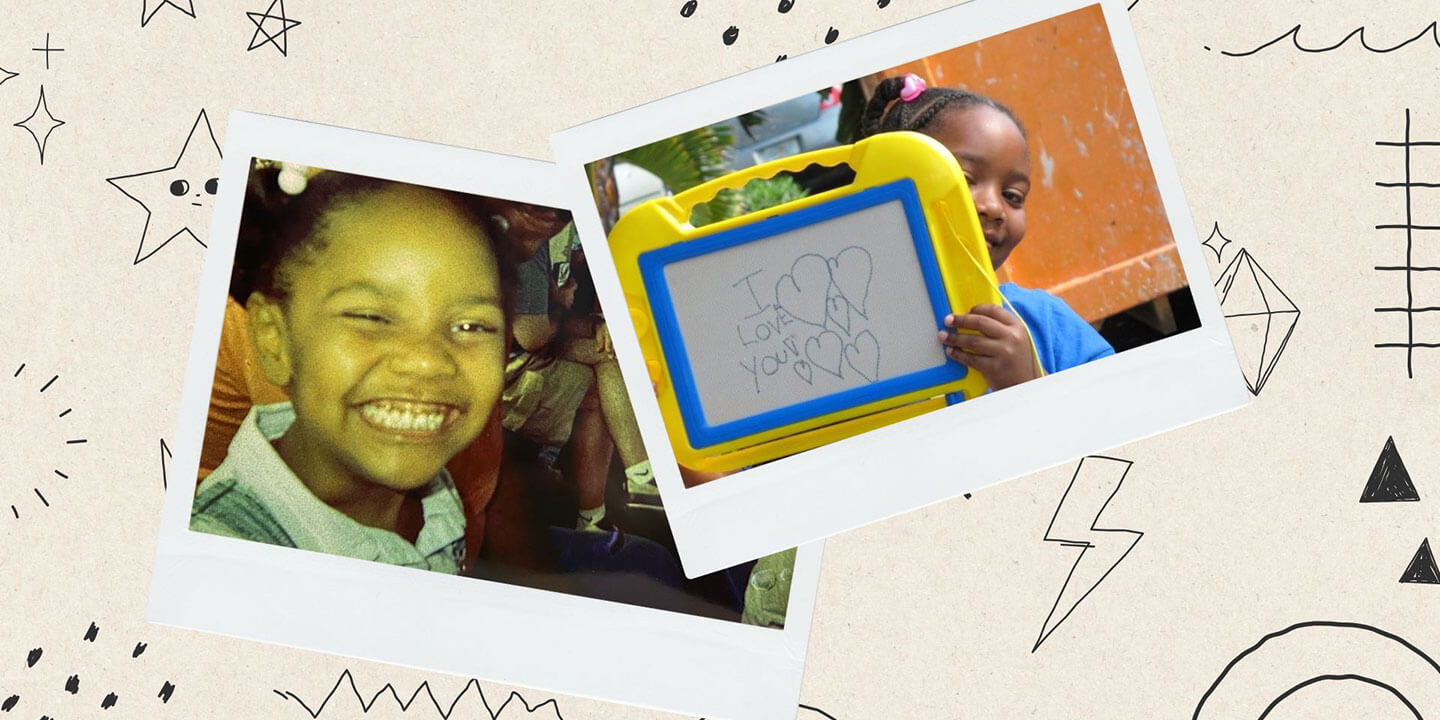
The Impact of Movement on the Mind

Mental health has been an increasing topic of conversation today, especially around the demographic of students. Mental health is impacted heavily through the amount of movement incorporated in our daily lives. For many college students, making movement a priority can be a challenge due to having to find a balance between their academics, career goals and personal life.
With the direct influence that movement of the body has on the mind, making movement a priority can be essential in creating more balance in an individual’s life. Here are a few of the benefits that come from this and how to find ways to incorporate more movement in your life.
Benefits to circulation, digestion, and stress level
There are many benefits to health that occur as a result from movement, ranging from mental, physical, to emotional health.
- Circulation: Circulation impacts the way we digest our food and process nutrients in our body. How does this improve our mental health? When we are digesting the proper nutrients our stress levels are easily manageable, allowing the brain to enhance the way it processes, retains, and remembers information.
- Stress Management: Increased physical activity releases stress. This is one way to “blow off steam”. Stress has terrible effects on the body and the mind. The less stress we have, the better our mental and physical health will be. Manageable stress levels also have an influence on our sleep schedule. More sleep will also aid in digestion and memory. Posture, eating habits, and mood are also swayed by having a more active lifestyle. Check out this blog post to learn more ways to manage stress.
Incorporate more movement in your life
There are many ways to incorporate more habits that involve movement into one’s daily schedule. Find an exercise that works for your body, and you can see yourself wanting to do every day. This could be going to the gym, yoga, dance, or joining some sort of club sport. Or start with smaller movements. For example, setting a reminder to stand up and stretch and/or take a short 5-minute walk once an hour. Taking time to just breathe and walk helps refresh the brain. Even stretching for 5 minutes after waking up every day can make a huge difference.
Listen to your body and find ways to start consistently incorporating more movement in your life and your mental health will benefit as well!
Do you have a compelling story or student success tips you’d like to see published on the Pearson Students blog? If you are a college student and interested in writing for us – click here to pitch your idea and get started!
About the author

Logan Collins
Logan Collins is a student at the University of North Carolina, Wilmington, studying Management Information Systems and Religion. She expects to graduate in Spring 2023 with a Bachelor’s in Science and Arts. She was recently certified as a yoga trainer. For her free time, Logan enjoys going to sunrise/sunset at the beach, reading, cooking, thrifting, and yoga. She has been a Pearson Campus Ambassador for 2 years and has loved every second of her experiences with Pearson. Pearson has allowed her to gain a variety of skills and given her the confidence to overcome challenges.


